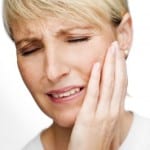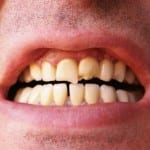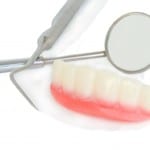 At City Dental it’s our job to make sure you have beautiful, bright teeth and healthy gums and we are big fan of the motto ‘prevention is better than cure’. With gum disease, it’s really important to treat symptoms early because this disease is progressive and it can result in permanent damage to the mouth and even tooth loss.
At City Dental it’s our job to make sure you have beautiful, bright teeth and healthy gums and we are big fan of the motto ‘prevention is better than cure’. With gum disease, it’s really important to treat symptoms early because this disease is progressive and it can result in permanent damage to the mouth and even tooth loss.
Gum disease is preventable, yet it causes more adults to lose teeth prematurely in the UK than any other condition. We have a very simple plan in place to encourage patients to take good care of their teeth and gums and we strongly advise patients to maintain good oral hygiene at home, keep an eye on what they eat and drink and see their dentist for regular check-ups. These simple steps can make a massive difference to oral health and help you to ward off decay and gum disease.
Spotting the signs
Common symptoms of gum disease include bleeding, sore and swollen gums. Most people first notice their gums bleeding when they brush their teeth. The gums may also look very red and they may be tender.
When should I see a dentist?
If you notice any of the symptoms above, you should ring and arrange to see your dentist. It is always better to get checked out than take a risk, as gum disease can get worse very quickly and advanced gum disease, known as periodontal disease, causes irreversible damage to the gums and supportive bone tissue beneath.
If you have any questions about gum disease, or you’ve noticed blood when you brush your teeth, call and book an appointment with one of our expert dentists today.















